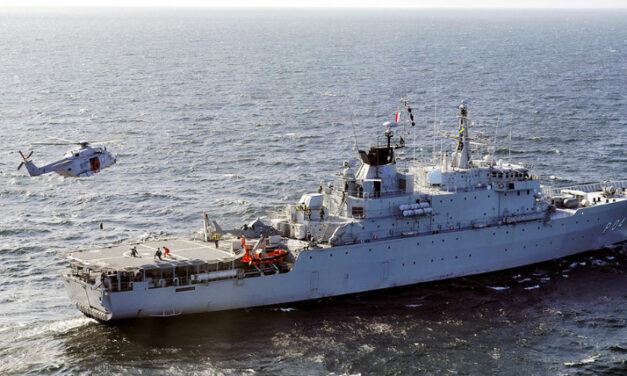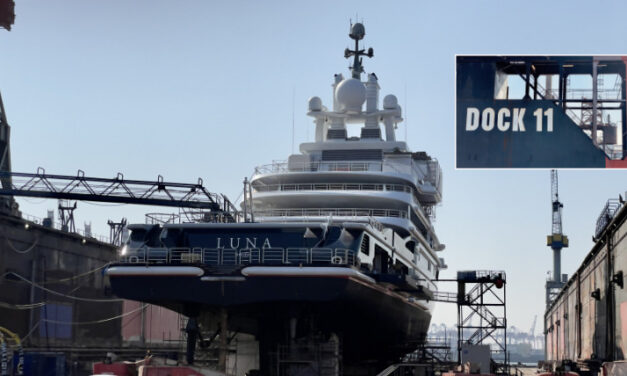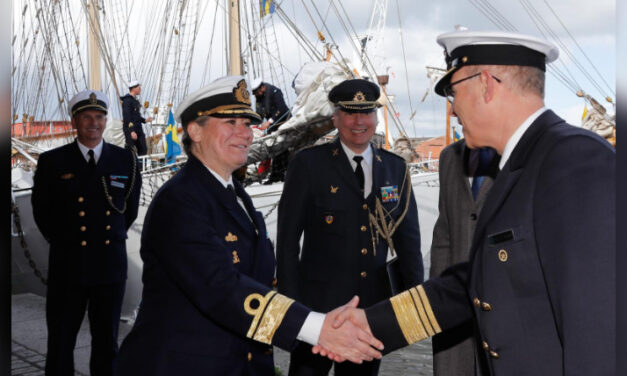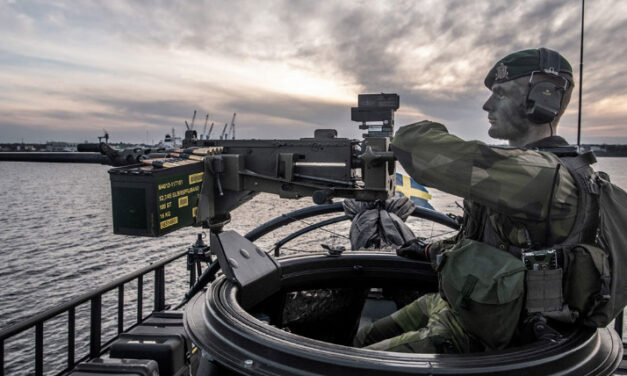Small forces, big impact
The Swedish navy also reduced the number of its units after the end of the Cold War. However, Putin's annexation of Crimea in 2014 prompted those responsible to change their minds. On 18 May, the Swedish government officially submitted its application to join the NATO defence alliance. At the same time, NATO headquarters in Brussels received an application for membership from neighbouring Finland. In addition to the two Scandinavian countries, NATO itself will also benefit greatly from the accession - once all hurdles have been cleared and all 30 existing NATO member states have given their approval. Both countries bring modern and highly trained armed forces to the alliance, whose respective priorities...
Weiterlesen






Latest comments